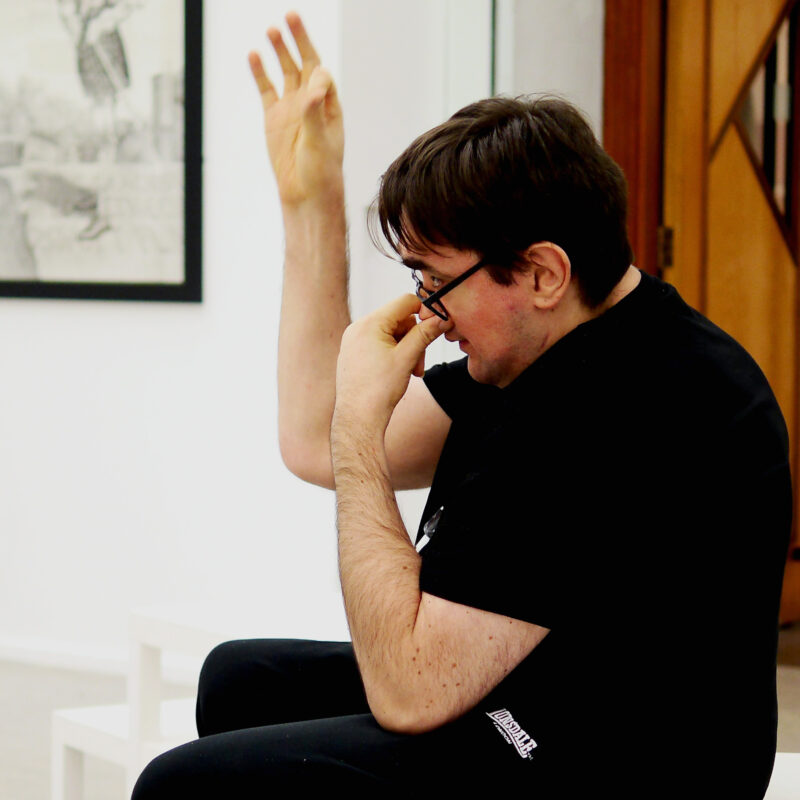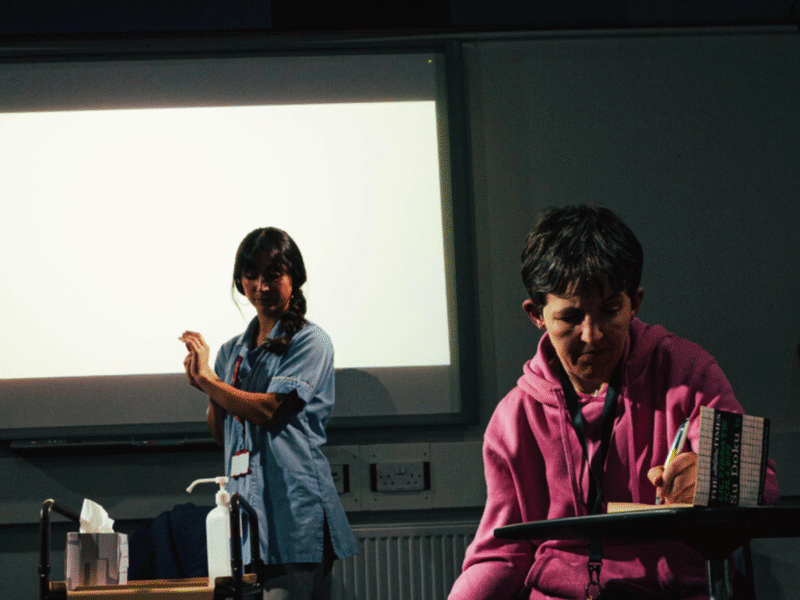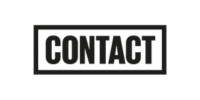CELLS: A BODY OF WORK
Cells: A Body of Work is a series of intimate performance-installations created by Uncurbed artists.
Each piece claims space. Live encounters designed to disrupt assumptions, surface discomfort, and invite deeper reflection.
Originally developed in response to a rise in disability hate crime, the work continues to confront how society labels, misrepresents, and marginalises disabled people.
First shown at Manchester Art Gallery (2017), and later at Tate Liverpool for DaDaFest International and at The Whitworth (2018), Cells: A Body of Work has since evolved into a tool for training and reflection. Most recently, it was presented at Salford Museum & Art Gallery for a curated audience of cultural leaders, policymakers, and senior academics where it opened new dialogue about access, representation, and leadership in public life.
Now adapted for professional settings, Cells offers a powerful framework for reflection in education, health, social care, and culture.
The body of work
Affirmations
A shifting landscape of presence, stigma and perspective. This live, durational performance invites audiences to move, pause, and reflect as disabled artists embody the social weight of being seen – or not seen at all. Subtle and powerful, Affirmations reframes assumptions and invites a different kind of attention.

In My Own Time
An intimate act of resistance, served slowly. This quiet, deliberate performance invites audiences to experience the simple act of setting a table, on the artist’s own terms. It’s a meditation on pace, autonomy, and the assumptions hidden in silence.

Assessment
Take the Assessment – find out if you're a Potentially Ignorant Person. A darkly playful reimagining of the PIP process, this piece flips the script on who gets assessed and why. Bureaucracy becomes satire, inviting audiences to confront prejudice, power, and the absurdity of objectivity.

Article 19 – UNCRPD
Why, in the 21st century, are disabled people still expected to justify their right to live independently? Drawing on Article 19 of the UN Convention on the Rights of Persons with Disabilities, this multimedia live performance exposes the striking parallels between Victorian prejudice and modern-day attitudes toward disabled independence.

Distorted Beauty
A layered exploration of societal constructs that have shaped, but do not define, the artist. This piece peels back perceptions to reveal resilience beneath imposed narratives.

HELP
We witness "Jemma" receiving care. As her support worker tends to her, the audience hears a candid and unapologetic voiceover – Jemma's needs, desires, and agency are heard.

Tailored Training with Cells
Bring lived experience to the heart of your training and reflection
Cells: A Body of Work offers a bold, disabled-led exploration of stigma, identity, and inclusion, challenging assumptions and sparking honest dialogue.
We collaborate with:
Education providers
Cultural organisations
Health and social care settings
Professional development programmes
Together, we design bespoke packages to suit your needs:
A selection of pieces from the Cells series, tailored to your context
Immersive, experiential performances created and performed by disabled artists
Facilitated reflection and discussion sessions grounded in lived experience
Why work with us?
Participants engage deeply with perspectives rarely seen in traditional training, uncovering hidden biases and expanding understanding – paving the way for more inclusive, empathetic practice and cultural spaces.
Let’s explore how we can co-create a programme that fits your organisation and community.



